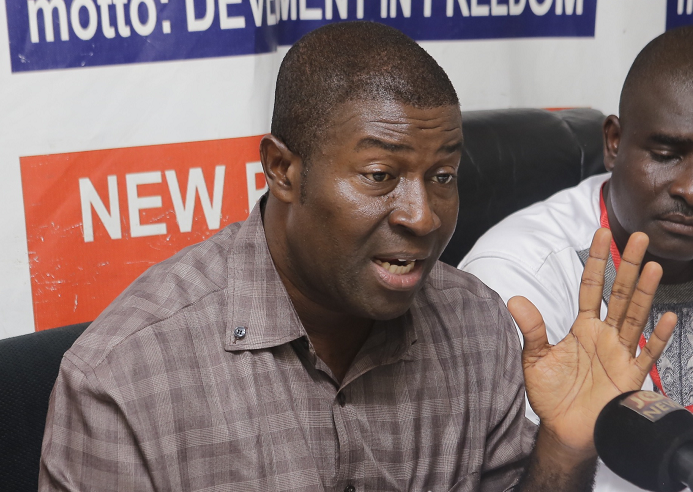The Managing Director of the State Transport Company (STC), Nana Akomea has revealed that the State Transport Company under his leadership improved massively in terms of revenue accumulation.
According to him, in spite of the challenges which bedeviled the transport company spiraling into the non-payment of salaries, timely interventions from government and other stakeholders prompted the growth.
“There was a long period of decline in STC for about 10 year, we could barely pay salaries and then in 2016, the then government of the day decided to support the company once again. They bought 50 new buses for the company and so the company was given a new lease of life after ten years or so.
“About less than a year after those buses came on board then I took over. So, the buses came on board in October 2016 and I went there in May 2017. But because it had been dormant for a long time, the market really had been taken over by other operators, private sector operators. It was difficult for the company to break through.
“Our revenues jumped from average GHC 2.4 million to five and so, you leveraged that kind of increase in revenue, do a revamp of activities, facilities and all of that. But more importantly, we now have a balance sheet that shows that we were in some business”.
Recounting some of the challenges he encountered when he took over STC, Mr. Akomea stated that competition from other transport companies gave them a run for their money as they found it difficult breaking through then.
“So, when I got there in May 2017, there were still about twenty to twenty two buses [new] parked all the time because it was difficult to break through. The biggest commercial route for InterCity transport in this country is the Accra-Kumasi route; its huge. VIP in particular had a stronger hold on that route, the long time that STC was in decline… and VIP has over five hundred buses, so really they are so dominant and STC was finding it difficult to break through.
“So, that was the main challenge when I got there and they were doing monthly revenues of about GHC 2.4 million with the fifty buses. So, that was the immediate problem that I solved with my team… we had to carry everybody on board.
“What it meant was a complete change in operations. We realized that the problem with our terminals had become a bit redundant that the modes of InterCity Transport had overtaken where our terminals were cited, so, we had to move. So, the new team and the support of the management, we moved to Nkrumah Circle”.
That notwithstanding, Nana Akomea further noted that, the growth journey appealed to some banks such as the Agricultural Development Bank which helped in purchasing extra buses due to expansion in areas such as Kumasi.
“So, we attracted the interest of banks and we started paying back monies to government, but we were short of buses. People will come to the terminal and there’s no bus; you only have fifteen buses or maybe twenty buses for the Kumasi route and you were paying money to government
“We said look, let’s rather leverage the money to buy more buses and so, that’s what we did. The money that we were going to pay to government we used it as part of our balance sheet and we got Agricultural Development Bank to be interested and fund the 75% and we funded 25% of one hundred new buses”.
Commenting on their expansion, he revealed the building of new terminals dotting some populated areas in the country.
“But more importantly, using the same operational strategy of getting to the customer, we are building terminals at the population centers. So, we have two terminals at Kasoa, we have a new terminal at Amasaman… it’s a huge market for the travelling public… because these are trading towns”.




















